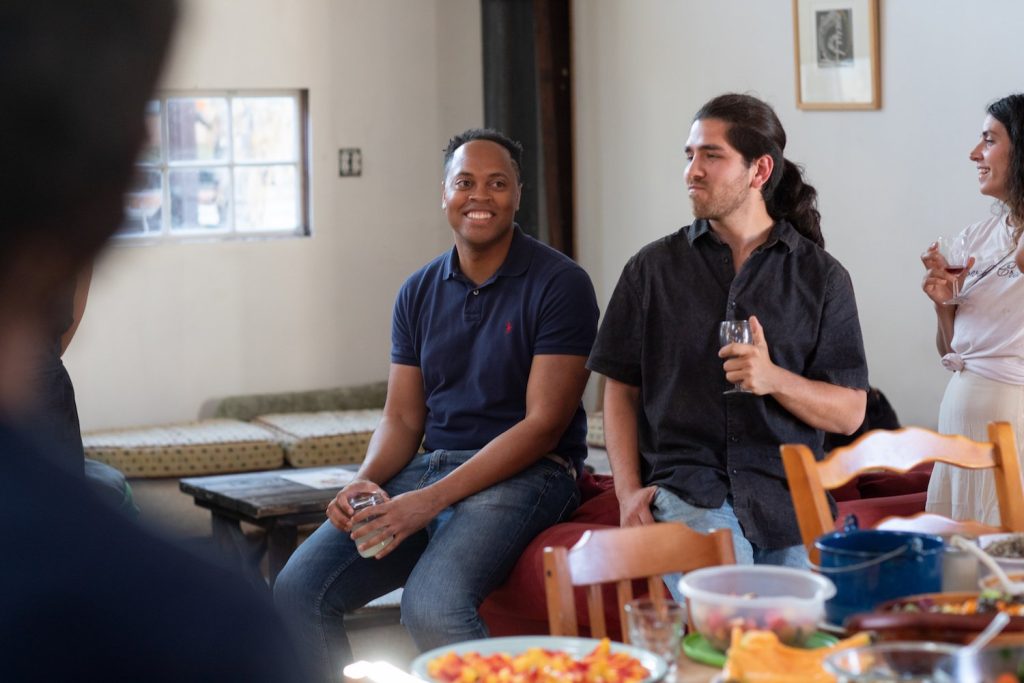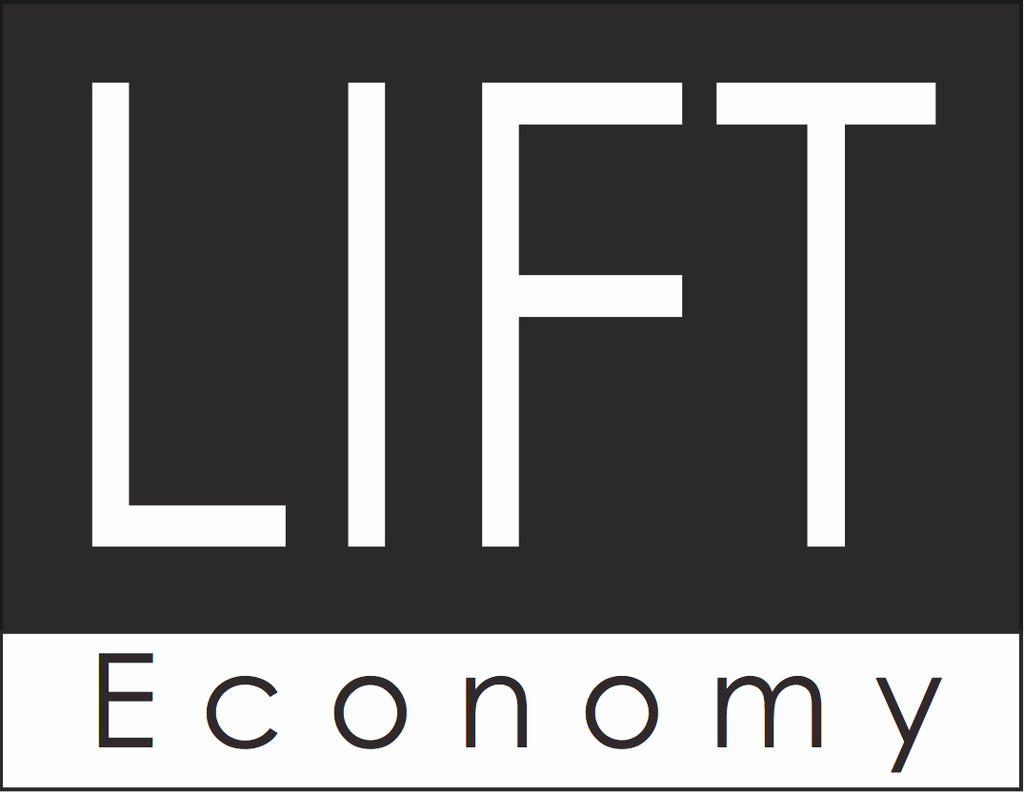Shareable is partnering with LIFT Economy to share the audio recordings from their Next Economy MBA program. Over the next 9 months, we’ll be publishing all 18 of their trainings for everyone’s benefit. If you’re interested in learning more about their program or would like to take advantage of the current 20% off ‘early bird special’ please visit: https://go.lifteconomy.com/nextmba
Subscribe to Next Economy Now on Apple Podcasts, Spotify, Pandora, Google Podcasts, YouTube, or wherever you find your podcasts.
As we continue our MBA Series, we move on from the principles discussed in the previous episodes into the structures and frameworks that can take these principles into action and effect. While the foundational principles have a clear necessity, they are not enough to achieve the goals of the next economy and as we aim to change the systems that define our societies and world, we have to move beyond mere ideas.
Ryan Honeyman and Kevin Bayuk use this episode to focus on the legal and corporate tools available to organizations looking to create a meaningful difference, covering the definition of B Corps, inspiring examples of cooperatives, steward ownership, and helpful questions for gaining clarity. There is also some time spent unpacking simple and impactful steps that individuals can take outside of organizations toward a better future.
One of the most meaningful themes of today’s discussion is the idea of choosing the correct vessel for the actual purpose and ambitions of the project, instead of an attachment to any one structure or model from the outset. Kevin explains why NPOs are not always the answer and shares some examples of lesser-known company structures that can be very effective too. Tune in to hear it all on today’s show.
—
Key Points From Enterprise Structures and Legal Frameworks:
-
Framing today’s discussion and the first questions to ask about organizations. [0:02:24]
-
The useful corporate structures and strategies that NPOs can implement. [0:08:38]
-
Common choices and tracks for conscientious companies. [0:16:51]
-
Unpacking the definition of a B Corp and some of the relevant history. [0:29:39]
-
Examples of some of the different types of cooperatives that exist currently. [0:33:37]
-
Excitement about the steward-ownership model. [0:38:40]
-
Closing thoughts and practical steps and applications for different situations. [0:41:05]
—
Tweetables:
“There are a lot of next economy activities that we can implement in our own lives, in our families and communities that don’t require paperwork filing, or adherence to statutes.” — Kevin Bayuk [0:03:41]
“The impact vision and outcomes should be in the driver’s seat, should be the things that dictate your choices, rather than the other way around.” — Kevin Bayuk [0:07:18]
“There are a series of advantages or disadvantages to each of the structures in terms of durability of mission, or purpose, or impact.” — Kevin Bayuk [0:15:13]
“I think it’s healthy to at least question whether or not a non-profit is the right choice, inherently, to do good or to be of benefit.” — Kevin Bayuk [0:21:04]
“What we try to do in the book is present enough literacy about what is out there and what is possible, because knowing your options, I think, is the main things that is missing.” — Kevin Bayuk [0:41:25]
—
Links Mentioned in Enterprise Structures and Legal Frameworks:
Kevin Bayuk on LinkedIn: https://www.linkedin.com/in/kevinbayuk/
Sustainable Economies Law Center: https://www.theselc.org/
Homeboy Industries: https://homeboyindustries.org/
REI: https://www.rei.com/
Derek Razo Episode: https://www.lifteconomy.com/blog/derek-razo
—
LIFT Economy Newsletter
Join 8,000+ subscribers and get our free 60-point business design checklist—plus monthly tips, advice, and resources to help you build the Next Economy: https://lifteconomy.com/newsletter
—
Next Economy MBA
This episode is brought to you by the Next Economy MBA.
What would a business education look like if it was completely redesigned for the benefit of all life? This is why the team at LIFT Economy created the Next Economy MBA (https://lifteconomy.com/mba).
The Next Economy MBA is a nine-month online course for folks who want to learn key business fundamentals (e.g., vision, culture, strategy, and operations) from an equitable, inclusive, and regenerative perspective.
Join the growing network of 350+ alumni who have been exposed to new solutions, learned essential business skills, and joined a lifelong peer group that is catalyzing a global shift towards an economy that works for all life.
Learn more at https://lifteconomy.com/mba.
—
Show Notes + Other Links
For detailed show notes and interviews with past guests, please visit https://lifteconomy.com/podcast.
If you enjoy the podcast, would you please consider leaving a short review on Apple Podcasts/iTunes? It really helps expose these ideas to new listeners: https://bit.ly/nexteconomynow
Twitter: https://twitter.com/LIFTEconomy
Instagram: https://instagram.com/lifteconomy/
Facebook: https://facebook.com/LIFTEconomy/
YouTube: https://youtube.com/c/Lifteconomy
Music by Chris Zabriskie: https://chriszabriskie.com/









